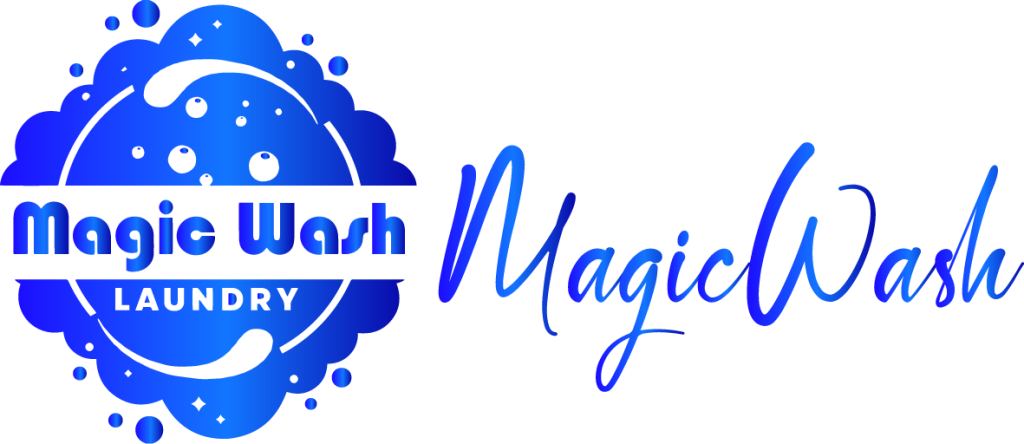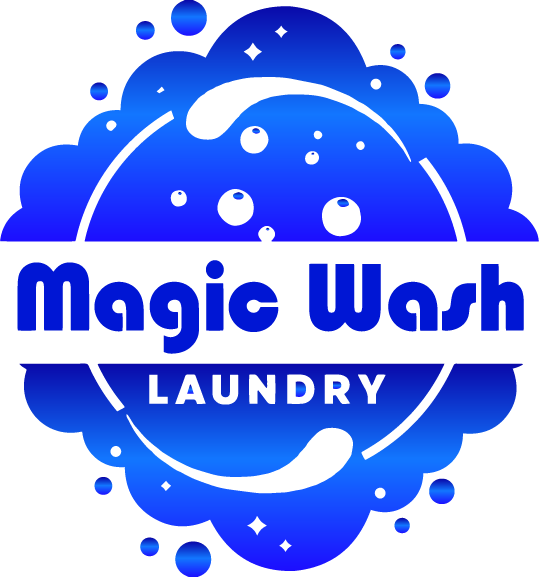Choosing the right laundry detergent can be tricky. With so many options available, some products simply don’t deliver the results we expect.
In this blog post, we will explore the ten worst laundry detergents on the market. These products may fail to clean effectively, leave behind residues, or even cause harm to your clothes. Understanding which detergents to avoid can save you time, money, and frustration.
Poor-performing detergents can lead to dingy clothes and lingering odors. The goal is to help you make informed choices for your laundry routine. By highlighting these ineffective options, you can steer clear of them and find better alternatives that truly clean and refresh your laundry. Let’s dive in and discover the contenders for the worst laundry detergents.
Read More: Washeterias Near Me / Laundromat Tyler TX / Best Laundry Services / Self Service Laundry / Top Rated Washers & Dryers
Read More: vitacures health blog, digital marketing services / cake gallery
Check our shop: Magic Wash Laundromat

Credit: www.youtube.com
The Laundry Detergent Lowdown
Understanding detergent labels helps avoid harmful products. Sodium Lauryl Sulfate (SLS) and Sodium Laureth Sulfate (SLES) can hurt skin. They strip natural oils and cause irritation. Quaternary Ammonium Compounds (Quats) also pose risks. They can cause skin issues and allergies.
Another ingredient to watch for is Nonylphenol Ethoxylates (NPEs). These can harm aquatic life and pollute water. Many detergents contain these harmful ingredients. It’s important to read the labels carefully.
| Detergent | Harmful Ingredient |
|---|---|
| Aldi Laundrite Laundry Liquid | SLS/SLES |
| Various Brands | Quats |
| Common Detergents | NPEs |
The Impact On Skin And Health
Many laundry detergents contain allergens and irritants. These can cause skin problems. Some common ingredients include fragrances and dyes. They may lead to rashes or irritation. People with sensitive skin should be careful.
Long-term exposure can lead to serious health issues. Some chemicals can cause respiratory problems. Others may affect the endocrine system. This system controls hormones in the body. It is important to check labels before buying.
| Detergent Type | Health Risk |
|---|---|
| Sodium Lauryl Sulfate (SLS) | Skin irritation |
| Fragrances | Allergic reactions |
| Quaternary Ammonium Compounds | Respiratory issues |
| Nonylphenol Ethoxylates | Environmental damage |
Environmental Concerns
Aquatic toxicity is a major concern with some laundry detergents. Many detergents contain harmful chemicals. These can pollute water and hurt fish and other wildlife. Ingredients like Nonylphenol Ethoxylates (NPEs) can disrupt aquatic food chains. They stay in the environment for a long time.
Biodegradability issues are also troubling. Some detergents do not break down easily. This means they can linger in the environment. They can cause long-term damage to ecosystems. Choosing biodegradable options is very important. This helps reduce harmful effects on nature.
Economic Pitfalls
Choosing the right detergent is tricky. Cost matters, but so does cleaning power. Some cheap detergents clean poorly. They may need more product for the same results. This means spending more in the long run.
Many laundry detergents have hidden costs. Some leave stains or residue on clothes. This can lead to re-washing. Re-washing costs time and money. Always check cleaning effectiveness.
Look at these factors:
- Price: Cheaper isn’t always better.
- Performance: Does it clean well?
- Ingredients: Avoid harmful chemicals.
Top 10 Detergents To Avoid
Avoiding certain laundry detergents can help keep your clothes safe. Some products rank low in cleaning tests. This makes them poor performers. For example, Aldi Laundrite Laundry Liquid does not clean well. It often gets bad reviews.
Watch out for detergents with questionable ingredients. Sodium Lauryl Sulfate (SLS) and Sodium Laureth Sulfate (SLES) can harm your skin. These ingredients can strip away natural oils. Quaternary Ammonium Compounds (Quats) might also cause irritation.
Nonylphenol Ethoxylates (NPEs) are harmful to the environment. They can disrupt aquatic food chains. Avoiding these products can protect both your skin and the planet.
| Detergents to Avoid |
|---|
| Aldi Laundrite Laundry Liquid |
| Detergents with SLS or SLES |
| Detergents with Quats |
| Detergents with NPEs |
Credit: www.tiktok.com
Alternative Options
Eco-friendly choices help clean clothes without harming the planet. Consider using Branch Basics Laundry Detergent. It’s safe and gentle on skin. Liquid Castile Soap is another great option. It works well for most fabrics.
Soap nuts are a natural choice. They are biodegradable and safe for the environment. Baking soda and vinegar can also clean clothes effectively. This mix removes stains and odors.
DIY solutions are simple and effective. Combine these ingredients for a safe laundry routine. Choose options that protect your health and the earth.
Expert Opinions And Testimonials
Consumer Reports found that some laundry detergents perform poorly. Many users shared their experiences. Some detergents left clothes dirtier than before. Others caused skin irritation for sensitive users. Many found that price does not equal quality. Some expensive brands did not clean well.
In testing, Aldi Laundrite ranked as the worst detergent. Detergents with Sodium Lauryl Sulfate (SLS) or Sodium Laureth Sulfate (SLES) can irritate skin. Products with Quaternary Ammonium Compounds (Quats) also raised concerns. Many users reported negative effects from detergents with Nonylphenol Ethoxylates (NPEs).
Here’s a list of detergents to avoid:
- Aldi Laundrite Laundry Liquid
- Detergents containing SLS or SLES
- Detergents with Quats
- Detergents with NPEs
Making The Switch
Making the switch to safer products can be easy. Start by looking at what you use now. Check the ingredients on your detergent labels. Avoid harmful chemicals like Sodium Lauryl Sulfate (SLS) and Quaternary Ammonium Compounds (Quats). These can irritate skin and cause other problems.
Consider the cost-benefit analysis when choosing new products. A safer detergent may cost more, but it protects your health. It also helps the environment. Using eco-friendly products is better for everyone.
Here’s a quick list of detergents to avoid:
- Aldi Laundrite Laundry Liquid
- Detergents with SLS or SLES
- Detergents with Quats
- Detergents with NPEs

Credit: www.choice.com.au
Frequently Asked Questions
What Is The Number 1 Best Laundry Detergent?
The number one best laundry detergent is Tide Hygienic Clean Power Pods. It consistently delivers excellent cleaning results and removes tough stains effectively. Many users prefer it for its reliable performance and freshness. Consider trying it for optimal laundry results.
What Detergents Are Being Recalled?
Currently, several laundry detergent pods have been recalled due to faulty packaging. Specific brands and products vary by recall announcements. Always check official sources for the most accurate and updated information on recalled products.
Why Shouldn’t You Use Tide Laundry Detergent?
Tide laundry detergent contains harsh chemicals that can irritate skin and harm the environment. Its ingredients, like SLS and NPEs, may strip natural oils and disrupt ecosystems. Some users also report allergic reactions. Consider safer, eco-friendly alternatives for a gentler cleaning experience.
What Laundry Detergents Don’t Contain 1/4 Dioxane?
Many brands offer laundry detergents free from 1,4-dioxane. Look for products like Branch Basics, Seventh Generation, or Mrs. Meyer’s Clean Day. Always check labels for the absence of this chemical. Choosing natural detergents ensures safer cleaning for you and the environment.
Conclusion
Choosing the right laundry detergent matters. The wrong one can leave stains, irritate skin, or harm the environment. The ten worst detergents listed here serve as a cautionary tale. Avoiding them can lead to better cleaning results and safer laundry practices.
Take the time to read labels and research products. Your clothes and skin will thank you. Make informed choices for your laundry routine. A little knowledge goes a long way. Aim for products that clean well and are safe for your family.


